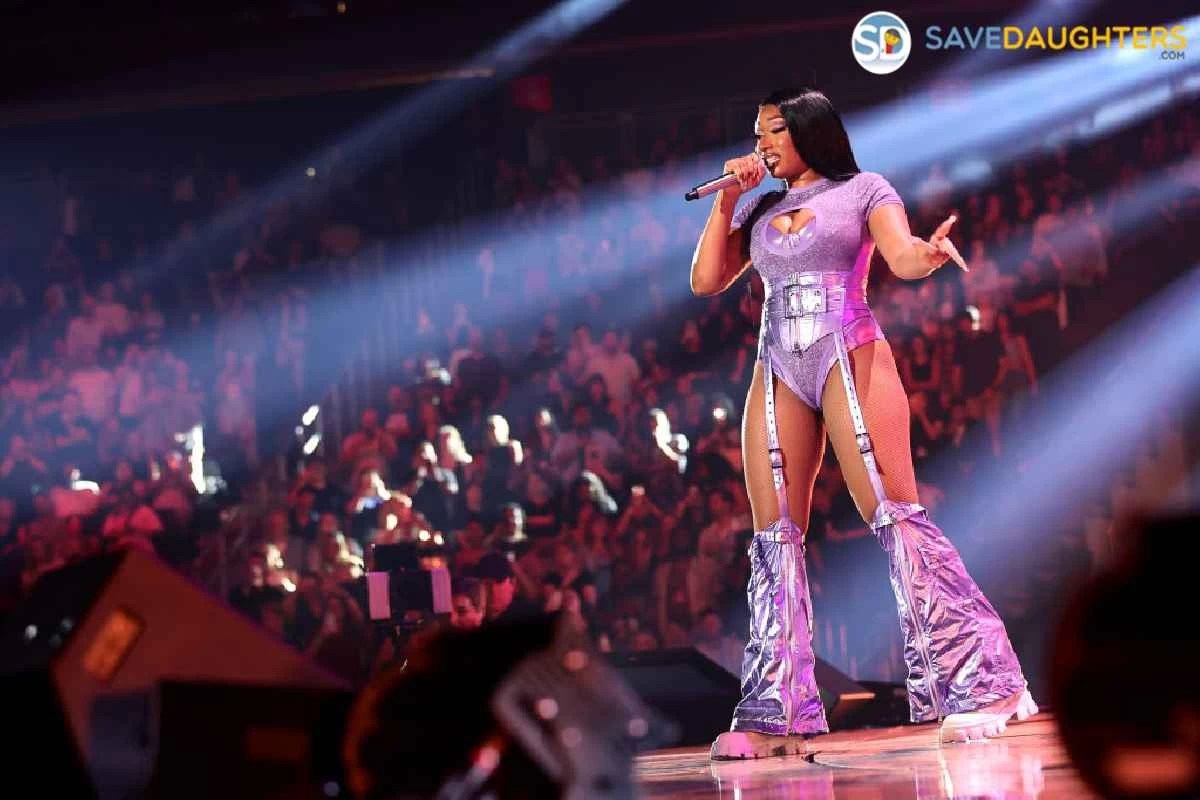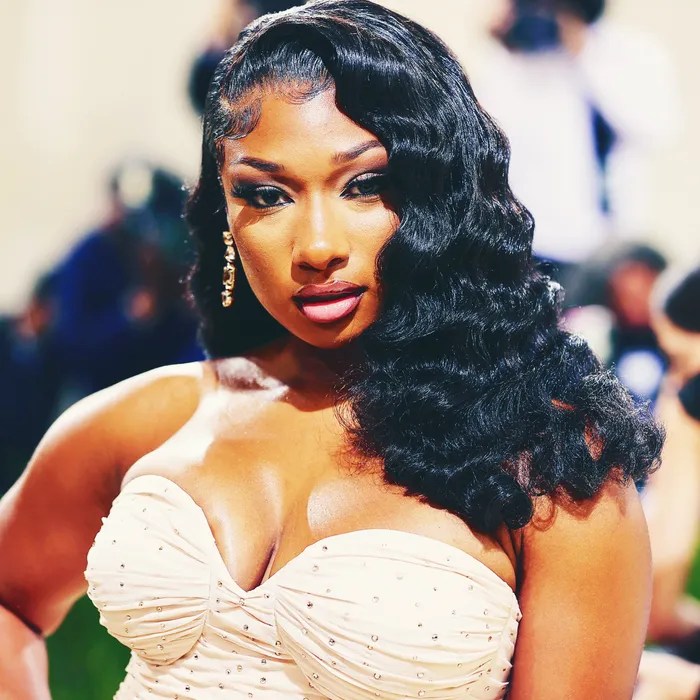Unpacking Her Ethnicity And Cultural Identity
Megan Thee Stallion is one of the most influential voices in contemporary hip-hop, captivating audiences with her empowering lyrics and dynamic performances. As a celebrated artist, her identity plays a significant role in her music and public persona. Understanding Megan Thee Stallion's ethnicity provides insight into her artistic expression and the cultural nuances that shape her work. It also sheds light on the broader context of representation in the music industry, particularly for Black women.
Born Megan Jovon Ruth Pete on February 15, 1995, in San Antonio, Texas, she was raised in Houston, a city known for its rich musical heritage. Megan's upbringing was steeped in a diverse cultural environment that influenced her artistic journey. Recognized for her distinctive Southern rap style and confident demeanor, Megan has become a symbol of strength and resilience, resonating with fans from various backgrounds.
As we delve into Megan Thee Stallion's ethnicity, it's essential to explore how her cultural background informs her music and public image. In a world where representation matters, Megan's identity as a Black woman in hip-hop challenges stereotypes and paves the way for future generations of artists. Her story is not just about music; it's about identity, empowerment, and the celebration of heritage.
What is Megan Thee Stallion's Ethnic Background?
Megan Thee Stallion identifies as African American, with her ethnicity deeply rooted in the African American culture and experience. Growing up in Houston, she was exposed to a vibrant community that celebrated Black culture through music, art, and social activism. This cultural foundation has significantly influenced her artistry, allowing her to connect with audiences on a personal level.
How Does Megan Thee Stallion Embrace Her Ethnicity in Her Music?
Megan Thee Stallion's music is a powerful reflection of her identity and experiences as a Black woman. She often incorporates themes of empowerment, self-love, and resilience in her lyrics. By celebrating her ethnicity, she challenges societal norms and encourages her listeners to embrace their identities as well. Her hit singles, such as "Savage" and "Hot Girl Summer," exemplify her ability to fuse personal narratives with broader cultural themes.
What Role Does Cultural Heritage Play in Her Artistic Expression?
Cultural heritage plays a vital role in shaping Megan Thee Stallion's artistic expression. Her Southern roots are evident in her music, which often incorporates elements of Southern rap and hip-hop. Additionally, she draws inspiration from her lineage, paying homage to the struggles and achievements of her ancestors. This connection to her heritage fosters a sense of pride that resonates with her audience.
How Has Megan Thee Stallion's Ethnicity Influenced Her Career?
Megan Thee Stallion's ethnicity has significantly impacted her career trajectory. As a Black woman in a predominantly male-dominated industry, she has faced unique challenges and obstacles. However, her determination to succeed and her commitment to authenticity have helped her carve out a space for herself in hip-hop. By embracing her identity, she has become a role model for aspiring artists and a beacon of hope for those navigating similar experiences.
What Are the Key Messages Megan Thee Stallion Promotes Through Her Ethnicity?
Through her platform, Megan Thee Stallion promotes several key messages related to her ethnicity, including:
- Empowerment: She encourages women to embrace their strength and individuality.
- Representation: She highlights the importance of diverse voices in the music industry.
- Authenticity: She advocates for artists to stay true to themselves and their experiences.
- Community: She emphasizes the value of supporting and uplifting one another within the Black community.
Personal Details and Bio Data of Megan Thee Stallion
| Attribute | Details |
|---|---|
| Full Name | Megan Jovon Ruth Pete |
| Date of Birth | February 15, 1995 |
| Place of Birth | San Antonio, Texas, USA |
| Ethnicity | African American |
| Occupation | Rapper, Singer, Songwriter |
| Years Active | 2016 – Present |
| Major Hits | "Savage," "Hot Girl Summer," "Body" |
What Challenges Has Megan Thee Stallion Faced as a Black Woman in the Industry?
Megan Thee Stallion has faced numerous challenges throughout her career, particularly as a Black woman in the entertainment industry. These challenges include:
- Gender Discrimination: Navigating a male-dominated industry where female artists often face bias.
- Racial Stereotyping: Combatting stereotypes associated with Black women in hip-hop.
- Personal Struggles: Overcoming personal tragedies, including the loss of her mother and the trauma of violence.
How Has She Overcome Adversity in Her Career?
Megan Thee Stallion has shown remarkable resilience in overcoming adversity. She has consistently used her platform to speak out against injustice, encouraging her fans to advocate for themselves and their communities. By sharing her personal experiences, she has fostered a sense of unity and empowerment among her audience. Additionally, her unwavering commitment to her craft has solidified her status as a leading figure in the music industry.
What is the Future for Megan Thee Stallion and Her Ethnic Representation?
The future looks bright for Megan Thee Stallion as she continues to break barriers and challenge norms within the music industry. Her commitment to representing her ethnicity authentically will undoubtedly inspire future generations of artists. As she explores new artistic ventures and collaborations, her influence will likely extend beyond music, impacting fashion, culture, and social justice movements.
In conclusion, understanding Megan Thee Stallion's ethnicity provides valuable insights into her artistic journey and the messages she promotes. By embracing her identity and using her platform to advocate for change, Megan has become a powerful force in the entertainment industry, inspiring countless individuals through her music and activism.



ncG1vNJzZmixn6PAtr7IZqWeq6RjsLC5jq2pnqaUnruofZNopJ6fkaN6tbTEZqqtmZyhtrC6jJ6roaaZmLa1xY2hq6ak